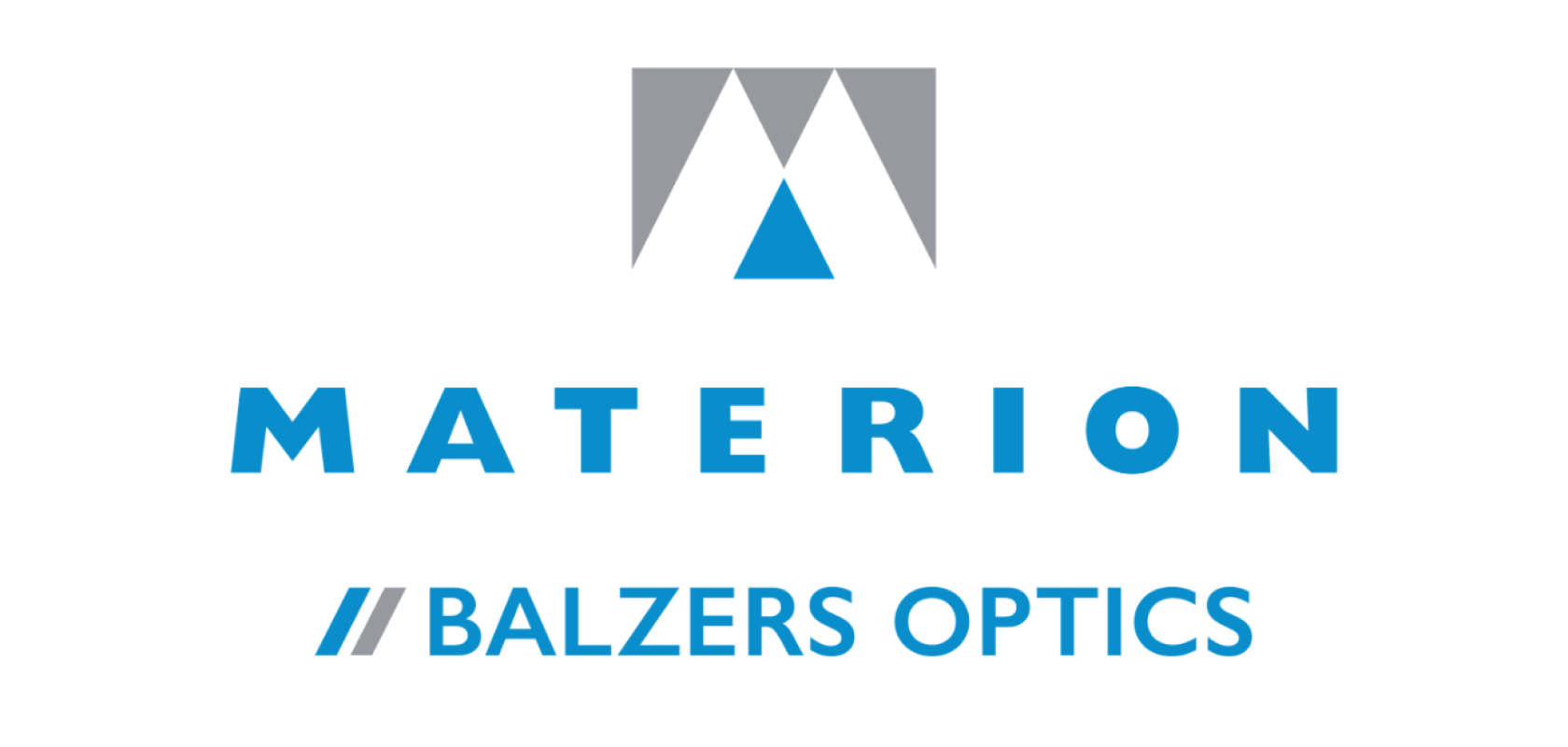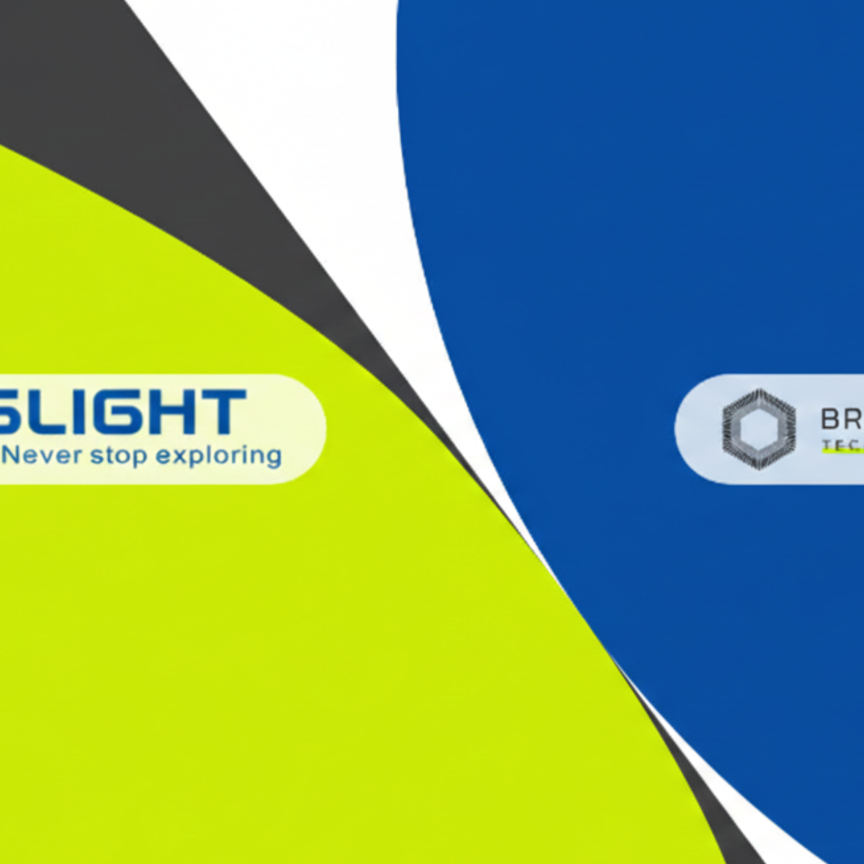Materion is a world-renowned designer and manufacturer of bespoke precision optical thin-film coatings and components, operating across the entire electromagnetic spectrum to serve an extensive range of applications and industries.
Materion’s precision optics division was officially formed in 2011, when founding firm Brush Beryllium rebranded as Materion Corporation. The firm consolidated several of its recent thin-film and optics acquisitions under 'Materion Precision Optics', with the further 2020 acquisition of Optics Balzers AG seeing the division rebrand once again to today’s: Materion Balzers Optics.
With facilities strategically situated across the US, Europe and Asia, Materion’s precision optics expertise extends globally. Combined with the firm’s 100+ years of material science expertise, this enables it to efficiently react to continually shifting market trends while addressing the ever-evolving demands of its customers.
Continual client interaction: From design to manufacture, from engineers to CEOs
Due to the bespoke nature of Materion’s solution offerings, the firm relies on continual interaction with each of its customers, with these interactions beginning at any stage of product development.
“Ideally we engage at the technical stage after they’ve encountered a particular design issue or challenge, as this is when we can use our knowhow and extensive experience to develop a leading-edge solution,” says Ian Tribick, CTMO at Materion Corporation & President of Materion’s precision optics division. “And so typically we engage with our customer’s R&D engineers, working closely with them to establish exactly what they are looking for in terms of optical performance.”
Materion’s own optical engineers then come up with the required component design, while also going as far as to design the entire manufacturing process of the bespoke product for the customer. This is where a lot of the firm’s core, trade-secret IP lies, according to Tribick. “We aim to take as much heavy lifting in component design and manufacture away from our clients as possible, with our engineering department effectively becoming an extension of theirs. The best results are achieved when we are able to iterate with our client as we go, as often further discussions and refinement are required on approach to the final component design.”

Ian Tribick, CTMO at Materion Corporation & President of Materion’s precision optics division, highlights that a lot of Materion's core IP lies in developing bespoke manufacturing processes for its customers
Materion’s engagement with customers does not stop with R&D engineers however, with the firm frequently required to interact with personnel all the way up to CEO level. This is especially the case with some of its larger customers, for example those in the life science, semiconductor and automotive industries. “The reason for this is particularly for projects where significant volume is involved, we’ll typically have to co-invest in new equipment with the customer,” says Tribick. For example, if their bespoke product requires significant reconfiguration and upgrading of one of our pre-existing manufacturing lines, we’ll often ask the customer to co-invest with us at that stage. We’ll then give them priority or even sole access to that equipment, depending on the partnership we agree on.”
Staying at the leading edge of optical manufacturing
Co-investment with customers into new manufacturing equipment and processes has become more prevalent for Materion in recent years, particularly as the firm continually aligns itself with the latest semiconductor manufacturing demands.
“The past few years has seen semiconductor firms such as Samsung and TSMC strategically investing in fabs across both the US and Europe – in addition to those already in Asia – in response to the geopolitical scenario between the US and China,” explained Tribick. “This is increasing the robustness of the Western semiconductor supply chain and will help avoid future chip shortages, which as we have seen can have a huge impact on the global economy.”
This has led to further investment into the manufacturing and inspection equipment required to fill those fabs – i.e. thin-film coating, vacuum, deposition, photolithography and metrology systems. And so Materion, as a provider of components for these systems, has in turn had to make constant, regular improvements to its own manufacturing technologies in order to keep itself at the leading edge.
“This is absolutely critical to remaining competitive in this market,” Tribick emphasizes. “Semiconductor production and inspection technologies are having to become increasingly advanced as the industry progresses down to 3nm node size and beyond. We’re therefore having to continually improve our production of multi-bandpass and UV optical filters, which are used in the optical metrology equipment required for semiconductor inspection, as well as new applications in the alignment process between masks and wafers.”
Optical components for every application and industry
Manufacturing optical filters for metrology systems in the semiconductor industry is just one of many application areas served by Materion Balzers Optics. The firm also develops mirrors, prisms, micro-optics, lids/windows, splitters/combiners and patterned products, serving applications in automotive, life sciences, consumer electronics, displays, space, defence, lighting, telecoms, construction, logistics and more.
Major applications within these industries include: laser beam steering/scanning; autonomous vehicle guidance; colour temperature measurement; currency recognition; Earth observation; endoscopy; fluorescence detection; micromachining; microscopy; spectroscopy; night vision; positioning systems; biochips; robotics; waste sorting; water analysis; 3D mapping, facial and gesture recognition, among many others.
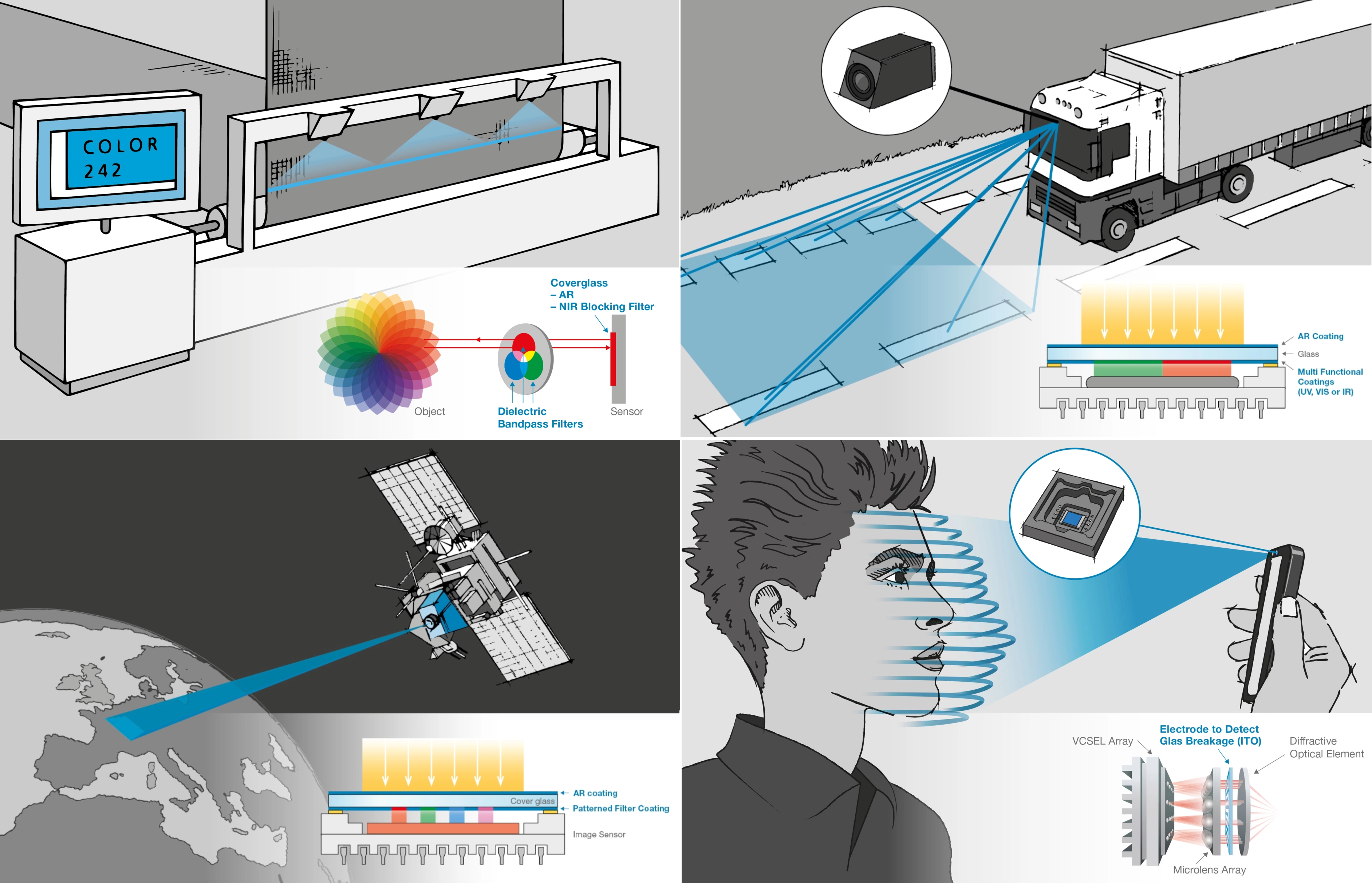
Materion develops bespoke optical components for a myriad of applications, including colour temperature measurement, vehicle guidance, Earth observation and facial recognition
For example, in addition to the accelerating semiconductor market, Materion has also had to react to the rapidly growing commercial space sector.
“We have a well-established history in the space sector,” says Stefan Jacobs, Site Manager at Materion Balzers Optics’ Jena facility in Germany. “For example, every image you see coming through NASA’s Curiosity Rover on Mars comes through our optics. We also supplied components for the European Space Agency’s Copernicus Sentinel satellites.”
These high-profile, early projects with institutional customers really formed the basis of Materion’s space business.
“While these were certainly high-value projects, the volumes weren’t nearly as much as we are now seeing from the projects emerging with the ongoing commercialisation of the space sector,” continues Jacobs. “Here, right from the beginning it’s clear that anywhere up to hundreds of components will need to be supplied, for example highly customized filter arrays or mirrors. These could be for projects in Earth observation, but also, particularly over the past two years, laser-based satellite communications, which is becoming increasingly significant.”
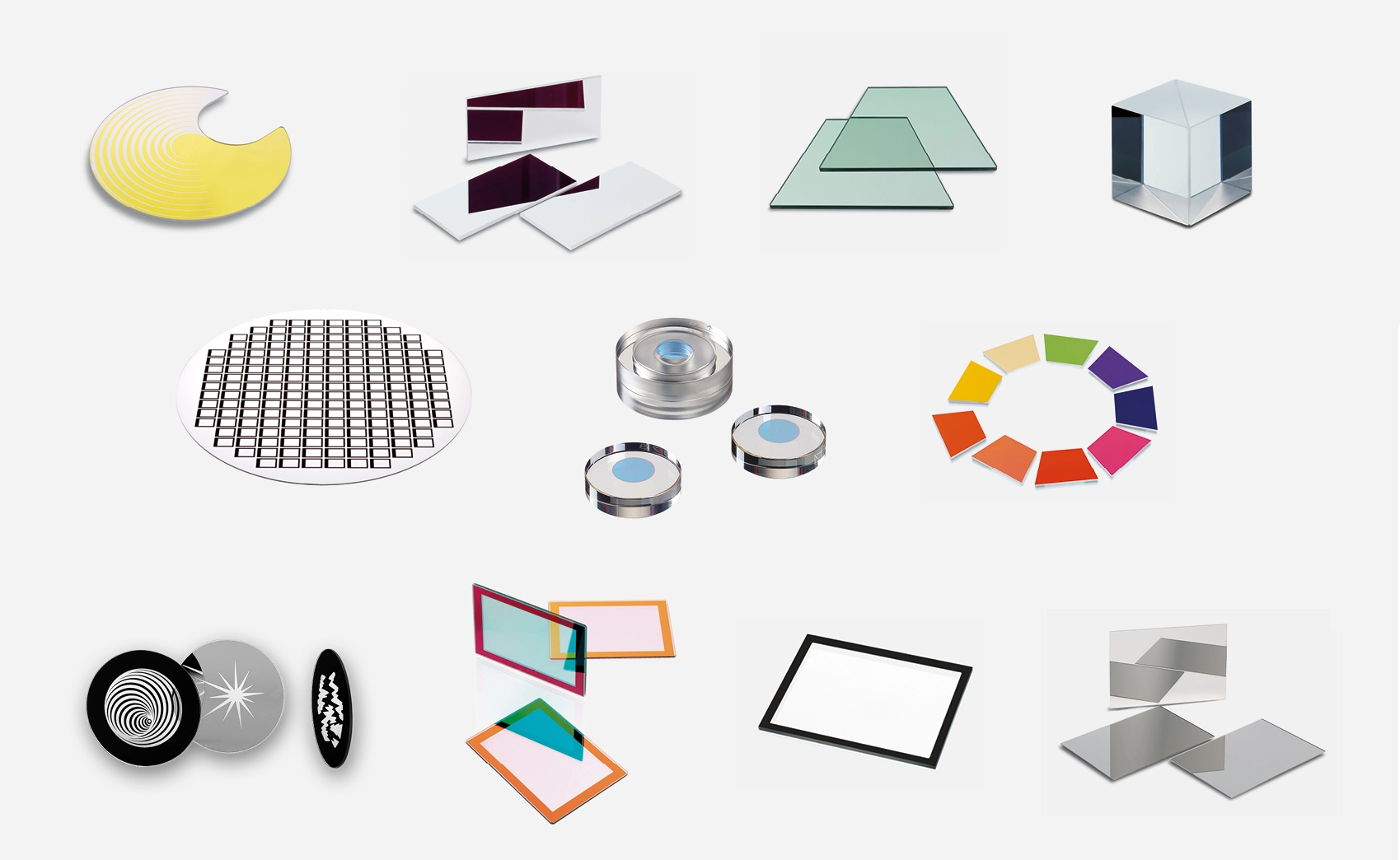
Materion is a fast, flexible manufacturer of a wide range of optical components, all of which are manufactured in clean room environments with custom state-of-the-art vacuum evaporation equipment or advanced sputter coating systems. A large variety of backend processes for patterning, shaping and dicing also complement the firm's manufacturing technology portfolio
However, increasing the volume of manufacture while maintaining the exceptionally high performance required in the space sector has been one of the main challenges Materion has had to address to serve this accelerating market.
“The performance requirements of the components are still as high as they have always been for spaceborne applications, however the pricing needs to come down significantly due to the volumes involved,” confirmed Jacobs. “Consequently we have had to manage our design and manufacturing resources very carefully to achieve this balance.”
In order to deliver such high optical performance while achieving low manufacturing costs and high volume, Materion has invested heavily in establishing a range of competences across its five precision optics manufacturing sites. In addition to the one in Jena that Jacobs manages, it has another European site (Balzers, Liechtenstein), two sites in Asia (Shanghai, China and Penang, Malaysia) and one in the US (Westford, Massachusetts), each of which has its own field of manufacturing competence.
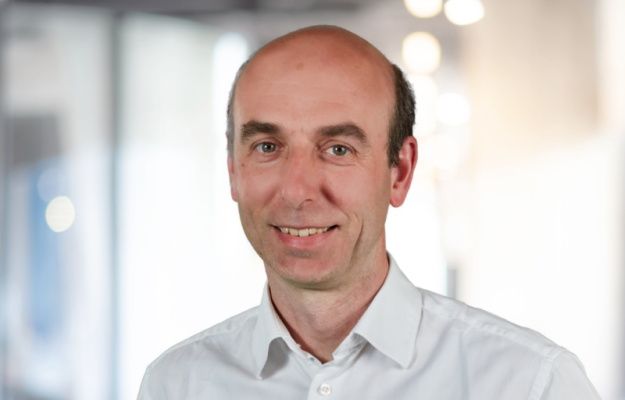
Stefan Jacobs manages Materion Balzers Optics' production facility in Jena, Germany, where the the firm continually invests in leading edge optical fabrication systems
“For example, at our site in Jena we are very focused on delivering leading edge optical coating capabilities to achieve the highest performance possible,” says Jacobs. “Our interaction with customers often starts with a feasibility study, to define what’s actually possible with existing technology, before moving on to prototyping. Once those initial stages prove successful, we then move production to one of our other sites, for example in Asia, where investment will have been made to facilitate the volume manufacture of the newly developed product.”
From components to sub-assemblies
While much of Materion’s business lies in bespoke component production, part of the firm’s business strategy also sees it operating further up the value chain.
“We’re also heavily involved in the production of sub-assemblies,” says Tribick. “For example, projection display is a legacy core market for us, to the point where around 80% of the colour wheel assemblies supplied to the likes of Panasonic, NEC and BenQ came from Materion.” Consequently, the firm has sold approximately 50 million sub assemblies to the projection market over the past 25 years. This is an excellent example of how the firm is able to take its optical components and build them into a higher level sub assembly.
“This is one of our core strategies in markets such as life science, automotive and industrial – focussing more on supply chain management and establishing ourselves further up the value chain rather than solely being a component supplier,” says Tribick. “For example, right now we’re working on a couple of next-generation sub-assemblies and modules for the automotive market, which we are currently building and testing. Amazing high-end applications of optical technologies, such as facial and gesture recognition inside vehicles and with AR/VR headsets, continue to emerge. We are working on some incredible technologies that are yet to be revealed, and so we have a sense of how photonics will steer future applications. By ensuring continual investment into the latest optical fabrication technologies across our five global sites, we are well-positioned to address them all.”
While many end users will not be aware, Materion’s precision optical components are ubiquitous across many of today's technologies and applications, working reliably and flawlessly behind the scenes. “We don't flash our brand, we don't label our components. For us it’s all about being involved in delivering a new technology or application, and we are incredibly proud of that,” concludes Tribick. “Just keep in mind that if an optical component is mission critical, chances are, it’s Made with Materion.”
A strong legacy: 100 years in materials science
Precision Optics is just one of three business segments of Materion.
The firm’s Performance Materials segment supplies high-performance alloys, beryllium products, clad metals, metal matrix composites, and technical ceramics, while its Electronic Materials segment delivers specialty materials for thin film deposition, microelectronic packaging products and inorganic chemicals.
As a whole, the firm operates across 32 locations worldwide, has 3,700 employees, serves 66 countries, and boasts an annual revenue in excess of $1.7 billion. The firm is approaching 100 years of operation (Brush Beryllium was founded in 1931) and recently celebrated its 50th anniversary being traded on the New York Stock Exchange (ticker symbol: MTRN).
Whether you are searching for a specific solution for your product, or are not quite sure what exactly you are looking for, Materion's engineers are on hand ready to develop a bespoke solution.
For more information, visit: www.materionbalzersoptics.com

